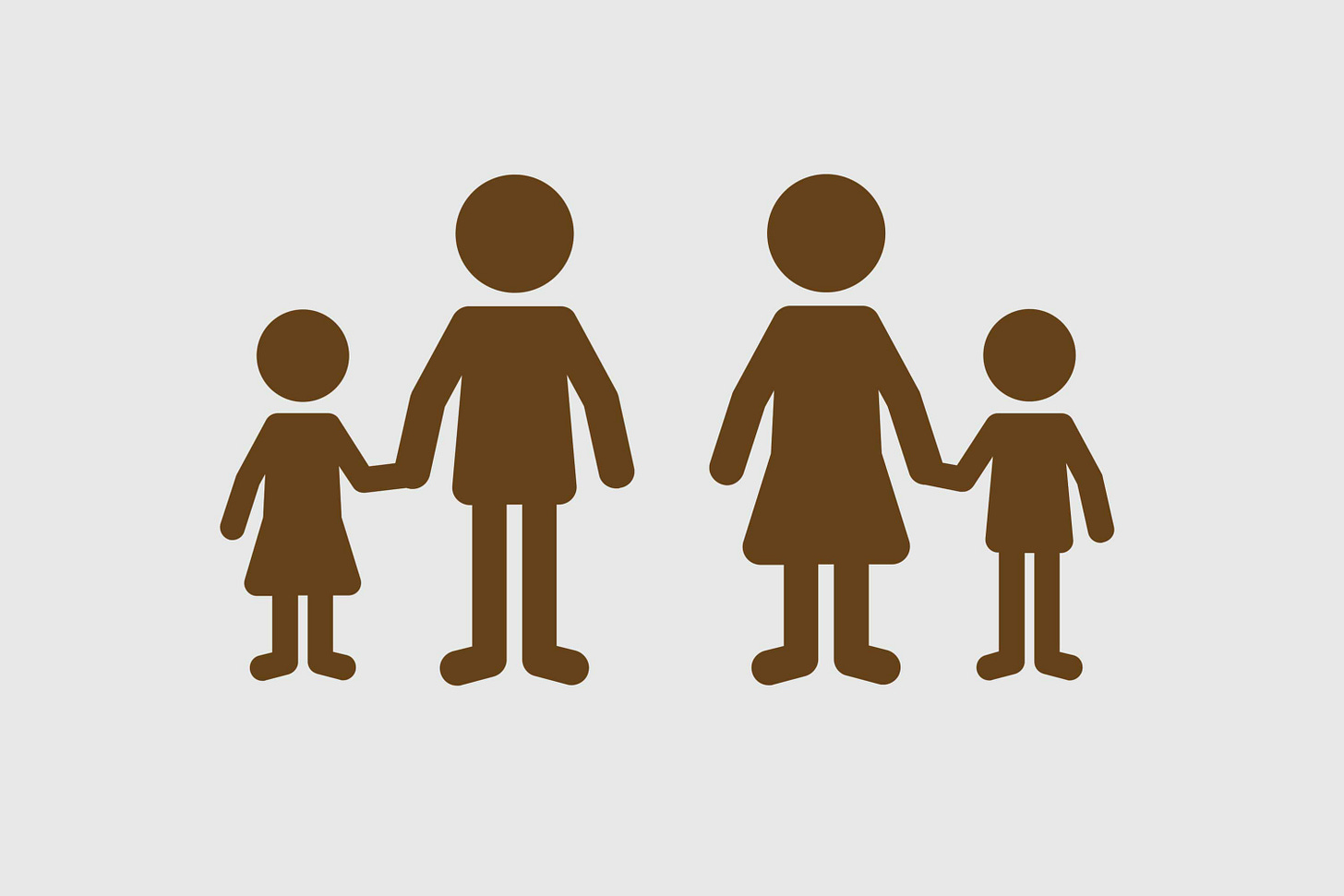Daddy’s girls and mama’s boys
It’s time to redefine these stereotyped labels with new understandings of parent-child relationships.
Issue #40
Hi all —
As we celebrate Father’s Day this weekend, after Mother’s Day just a few weeks ago, a recent NPR story got me thinking about some age-old stereotypes: the idea of mama’s boys and daddy’s girls in many cultures, including South Asian.
As NPR reports, for years, the cultural assumptions around being a “mama’s boy” have always been negative, while being a “daddy’s girl” has been seen as positive. The story features Sahil Bloom, a 31-year-old tech guy who is a self-professed “proud mama’s boy” and soon-to-be dad. “I expect him to be a mama’s boy, in the same way,” Bloom told NPR about his son. “In the old sense of the phrase, it was about being a wuss or weak. But there's nothing more powerful than a mother’s love.”
To Bloom’s point: Since when is being close to a parent a bad thing? Isn’t that indicative of a mature human adult who can handle familial relationships with healthy ease? Also, why is daddy’s boy and mama’s girl left out of the vernacular?
It’s time to redefine — or retire entirely — these terms, I believe.
So here’s to celebrating parent-child relationships, this Father’s Day. Not shaming them.
At noon ET/9 a.m. PT today, I’ll be interviewing Rajat Mittal, who created the newsletter Boyish, about Indian masculinity and fatherhood. Join us on Twitter Spaces then or listen to the recording later on.
On another note:
A good Wall Street Journal story about “the estimated 200,000 children of immigrants on work visas who don’t have a clear legal path to stay in the U.S. once they turn 21.”
The Washington Post explored how various Asian migrants created communities across the U.S. — including about the concentration of South Asians in Edison, New Jersey.
Marvel’s new Disney+ series “Ms. Marvel” features a Pakistani American protagonist. But the reaction has been both positive praise and negative critique, according to NBC News.
The U.S. could get a National Museum of Asian Pacific American History and Culture, after President Joe Biden signed a new law, according to NBC News.
Comedian Hari Kondabolu famously highlighted the problematic character Apu from “The Simpsons” a few years ago. But now there’s fresh pushback to restore Apu from comedian Akaash Singh.
Next week — on June 23 — will mark 40 years since Chinese American Vincent Chin died in Detroit after being beaten a few days earlier by two white autoworkers. The murderers got away with just probation, no prison time. It’s a landmark case to reflect upon decades later, as anti-Asian violence persists.
The prestigious James Beard Awards this year chose Chai Pani, an Indian spot in Asheville, North Carolina, as the most outstanding restaurant overall in the U.S. My mouth is watering here from the sweet potato chaat and tomato-cheese uttapam on Chai Pani’s menu.
Thanks for joining the conversation,
Vignesh Ramachandran (@VigneshR)
Co-founder of Red, White and Brown Media
Upcoming Twitter Spaces conversations
TODAY, June 17 at noon ET/9 a.m. PT: Beyond dad bods - a discussion on Brown masculinity and fatherhood — with Boyish’s Rajat Mittal
June 21 at noon ET/9 a.m. PT: Brown criminal justice — with “Correctional” author and poet Ravi Shankar
How do you tune into Twitter Spaces conversations? It’s free! We try to keep them to about 30 minutes. The experience is better on Twitter’s app for iOS or Android smartphones where you can listen and request to speak in any Space. Think of it like an audio-only Zoom conversation. Red, White and Brown’s Twitter Spaces conversations are all accessible via @VigneshR’s profile on Twitter:
Your Thoughts
Please send a WhatsApp message to 646–481–3221 or email us to share your feedback, story ideas or anything else you’re thinking about these days:
Red, White and Brown sparks conversations about South Asian American communities. Please tell your friends and family to subscribe to this newsletter and follow the latest posts on Medium.





